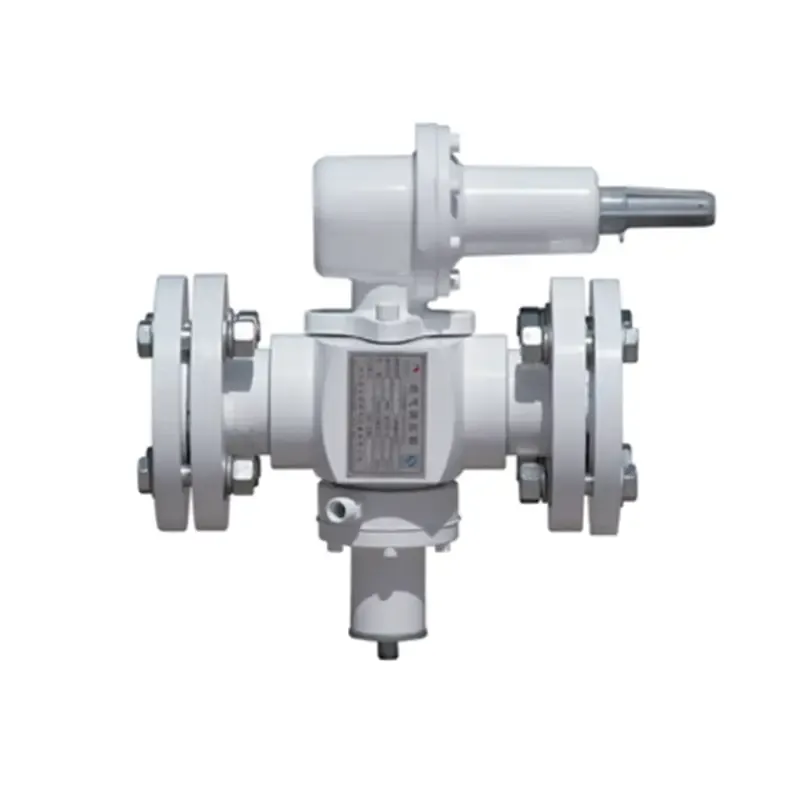
Dec . 14, 2024 23:29
Back to list
pressure pipe
Understanding Pressure Pipes Applications and Benefits
Pressure pipes are a vital component in various industrial, municipal, and commercial applications. These pipes are specifically designed to transport liquids and gases under high pressure, making them essential in industries such as water supply, wastewater management, oil and gas, and chemical processing. Understanding the characteristics, applications, and benefits of pressure pipes is crucial for ensuring effective and safe operations in these sectors.
Characteristics of Pressure Pipes
Pressure pipes are engineered to withstand high internal pressures. This capability is achieved through careful material selection and precise manufacturing processes. Common materials used for pressure pipes include polyvinyl chloride (PVC), polyethylene (PE), and various grades of steel, such as carbon or stainless steel. The choice of material often depends on the fluid being transported, the operating temperature, and the specific pressure requirements.
The design of pressure pipes must comply with international standards and regulations, ensuring safety and reliability. For instance, pipes are often tested for their tensile strength and burst pressure to guarantee they can handle the expected stresses during operation. Additionally, features such as strain hardening and corrosion resistance may be incorporated into the design to enhance longevity and performance.
Applications of Pressure Pipes
1. Water Supply Systems Pressure pipes are extensively used in water supply networks. They transport potable water from treatment facilities to consumers, ensuring that the supply remains consistent and reliable. The ability to withstand high pressures is particularly important in systems that must deliver water over long distances and varied elevations.
2. Wastewater Management In wastewater treatment and sewage systems, pressure pipes play a critical role in transporting effluent from residential, commercial, and industrial sources to treatment plants. Given the often corrosive nature of wastewater, specialized materials are employed to ensure durability and prevent leaks that could lead to environmental hazards.
3. Oil and Gas Industry Pressure pipes are indispensable in the oil and gas sector for transporting crude oil, natural gas, and other petrochemicals. These pipes must be robust enough to handle the high pressures and harsh conditions associated with these materials. Moreover, they are constructed to meet strict safety standards to prevent leaks and spills, which could have catastrophic environmental consequences.
pressure pipe

4. Chemical Processing In chemical manufacturing, pressure pipes are used to transport a wide range of aggressive chemicals. The selection of materials that can withstand both the pressure and the chemical properties of the fluids is crucial to maintaining safety and preventing leaks.
Benefits of Using Pressure Pipes
The use of pressure pipes offers several key benefits
- Efficiency High-pressure systems enable the transport of fluids over long distances without the need for excessive pumping stations, reducing operational costs and improving efficiency. - Durability Pressure pipes are engineered for longevity, reducing the frequency and costs of maintenance and replacements. This durability is particularly beneficial in industries where downtime can be costly.
- Safety With strict adherence to safety standards during design and manufacturing, pressure pipes reduce the risk of failures that could lead to hazardous spills or leaks.
- Versatility Pressure pipes can accommodate a variety of fluids and are adaptable to different applications, making them suitable for diverse industries.
Conclusion
Pressure pipes are a fundamental element in the infrastructure of modern society, underlining their importance in water supply, wastewater management, oil and gas, and chemical processing. Their engineered design, robust materials, and compliance with safety standards ensure they perform reliably under high pressures. Understanding the roles and benefits of pressure pipes can lead to better decision-making in infrastructure development and maintenance, ultimately contributing to safer and more efficient systems across various sectors. As industries continue to evolve, the role of pressure pipes will remain critical in meeting the demands of a growing population and an increasingly complex global economy.
Latest news
-
Safety Valve Spring-Loaded Design Overpressure ProtectionNewsJul.25,2025
-
Precision Voltage Regulator AC5 Accuracy Grade PerformanceNewsJul.25,2025
-
Natural Gas Pressure Regulating Skid Industrial Pipeline ApplicationsNewsJul.25,2025
-
Natural Gas Filter Stainless Steel Mesh Element DesignNewsJul.25,2025
-
Gas Pressure Regulator Valve Direct-Acting Spring-Loaded DesignNewsJul.25,2025
-
Decompression Equipment Multi-Stage Heat Exchange System DesignNewsJul.25,2025

